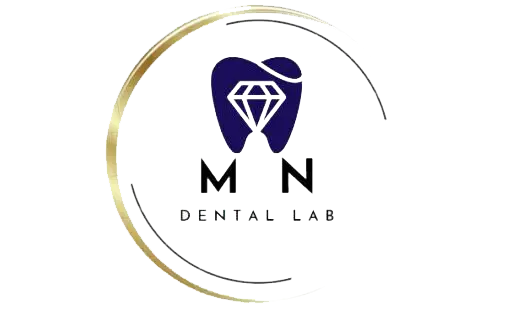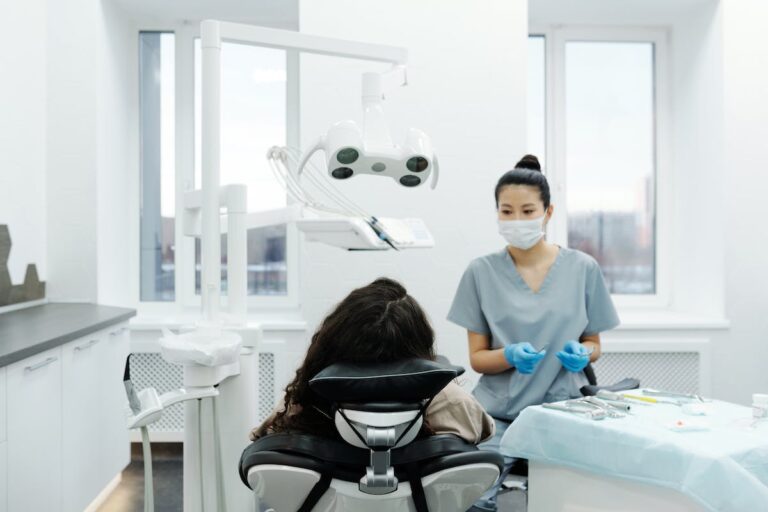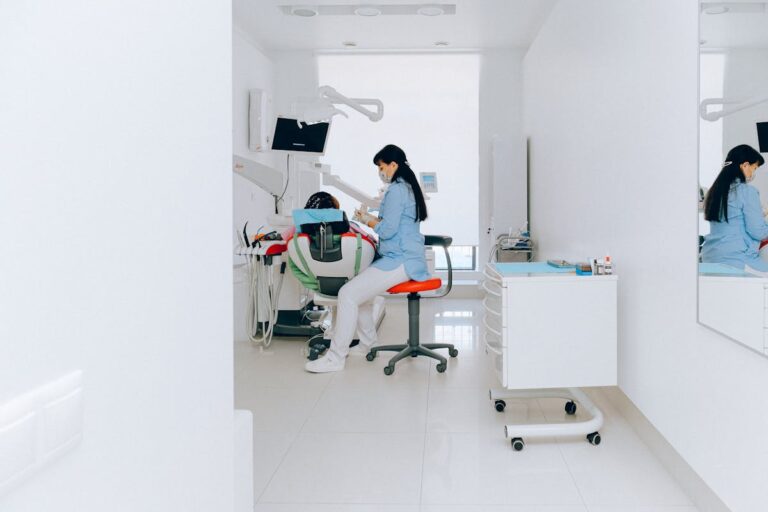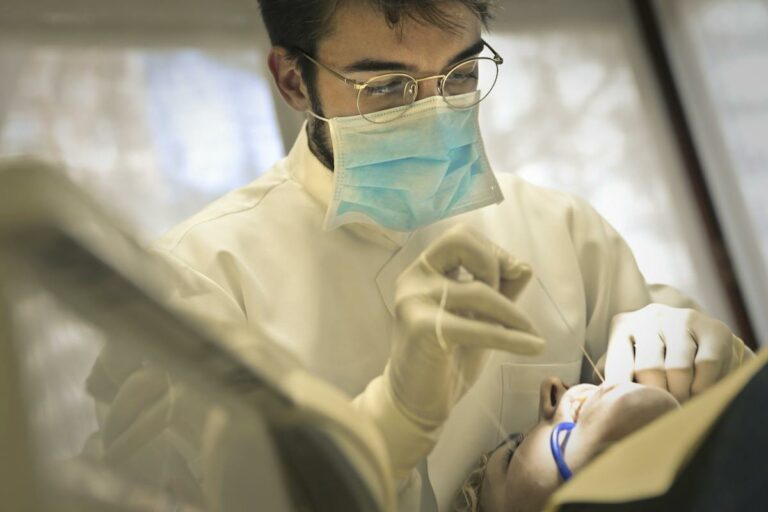Technological advancements have pervaded healthcare, introducing a plethora of technologies enhancing patient care in clinics. These include digital health records, telemedicine, mobile health apps, AI diagnostics, virtual reality therapies, wearable health monitors, online appointment systems, and chatbot interactions. However, patient experiences and feedback remain crucial to determine these technologies’ efficacy and potential improvements.
Understanding Clinic Technology
Clinic technology, revolutionizing healthcare delivery, hinges on two main aspects: medical imaging evolution and health data security. Medical imaging, with advancements like MRI, CT scans, and ultrasound, bolsters accurate diagnoses and personalized treatment. On the other hand, health data security safeguards digitized patient information, employing encryption algorithms and cybersecurity measures to maintain integrity and confidentiality. Understanding these components is crucial to grasping patient perspectives on healthcare technology.
Patient Perspectives on Digital Records
Digital records, a modern healthcare necessity, generate mixed patient reactions, from appreciation for convenience to data privacy worries.
The advent of digital records has transformed healthcare, streamlining data management. Patients value the easy access to their health data, facilitating customized healthcare experiences. They can share medical histories with various providers and monitor their health progress, thanks to digital records.
However, digital privacy concerns arise. Increased fear of data breaches and cyberattacks makes patients anxious about their personal health information security. Questions about data protection measures’ strength are prevalent.
Despite these concerns, digital records remain indispensable for healthcare’s future, offering convenience and personalization benefits that many believe outweigh potential risks. To alleviate patient concerns, continuous investment in strong security measures is needed by healthcare providers to secure patient data and uphold trust in this essential technology.
Reviews on Telemedicine Services
Telemedicine, a health innovation, receives varied patient reviews due to factors like accessibility, user-friendliness, and care quality.
Access to telemedicine satisfies remote patients by removing location constraints. However, the digital divide concerns some, particularly elderly, requiring intuitive interfaces and comprehensive education.
Remote patient monitoring, facilitating continuous care, is praised. It offers patients convenience and security, but some worry about limited personal interactions and potential privacy breaches.
Care quality in telemedicine receives mixed reviews. Some patients are satisfied, while others perceive a lack of thoroughness in remote consultations.
Patient Experiences With Mobile Health Apps
In the mobile health app domain, patient experiences vary based on usability, data security, and information quality. These key elements, refined through user feedback, ensure app success.
Usability is critical; patients prefer intuitive, navigable designs. User feedback aids developers in enhancing the interface. However, patient engagement with feedback is determined by their trust in the app’s data security.
Privacy is paramount for patients due to the sensitivity of health data. Encryption, secure transfers, and strong privacy policies are necessary. Transparency regarding data usage and storage builds user trust.
Feedback on AI-Assisted Diagnostics
Patient feedback significantly shapes AI-assisted diagnostics by enhancing accuracy and utility. Patients value AI’s speed and efficiency but worry about potential misinterpretations and incorrect diagnoses. This concern drives efforts to improve AI accuracy, harmonizing speed with detailed attention.
Ethical considerations emerge prominently from patient feedback. The lack of empathy and understanding of human nuances in AI is a noted limitation, causing patient unease. This limitation underscores AI’s need to complement, not replace, human medical professionals.
The integration of AI’s data processing capabilities with human empathy provides a comprehensive, ethically sound diagnostic process. This process evolves continually through patient feedback.
Impact of Robotic Surgery on Patients
Robotic surgery’s impact on patients is transformative in surgical precision, recovery times and post-operative complications. ‘Robotic precision benefits’ describe the computer-assisted accuracy of robotic surgery, reducing human error and causing less tissue damage. This precision results in improved ‘Robotic surgery recovery’ as patients report shorter hospital stays, expedited return to daily activities, less pain, discomfort and scarring. However, post-operative complications such as infections and bleeding can still occur with robotic surgery. Therefore, thorough patient education on risks and post-operative care is vital for optimal recovery.
Patient Assessment of Virtual Reality Therapy
Robotic surgery’s advancement in clinical technology is significant, but patients also greatly recognize the innovation of virtual reality (VR) therapy. This therapeutic technique employs VR equipment to mimic real-life scenarios for diverse treatment purposes like pain management and rehabilitation.
The comfort of VR equipment and the affordability of VR therapy are two primary aspects highlighted in patient reviews. Comfort influences patient acceptance and adherence to the therapy. Patients associate lightweight and ergonomic VR devices with enhanced treatment experiences, as they lessen physical discomfort from extended use.
However, many patients view VR therapy’s high cost as a barrier to its widespread usage. Despite its demonstrated effectiveness, the demand for more affordable options is substantial. Patients suggest insurance coverage or financial assistance programs as potential solutions.
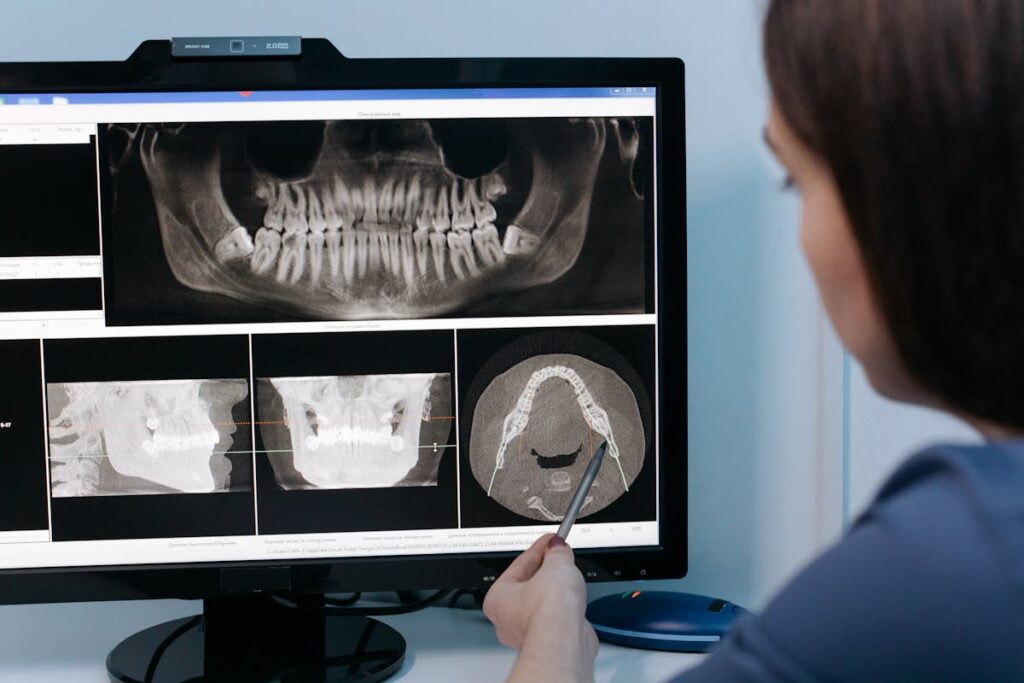
Reviews on Wearable Health Monitors
Wearable health monitors have revolutionized patient care by providing real-time data for proactive individual health management. These devices offer unique user experiences and carry potential for future advancements in healthcare technology.
Advantages of Health Monitors
Health monitors are affordable, accessible, and portable, attracting a wide patient demographic. They prioritize data privacy, ensuring secure health data and empowering patients with access to their own information. This facilitates informed healthcare discussions and contributes to high patient approval.
Wearable Monitors User Experiences
Wearable health monitors offer convenience, user-friendliness, and clinical efficiency, empowering patients and informing healthcare decisions. Users praise fitness trackers for real-time data on health metrics, promoting control over fitness goals. Sleep monitors provide sleep pattern insights, facilitating effective sleep-related health issue management. Nevertheless, data accuracy and privacy challenges persist, necessitating continuous technological improvements. Overall, wearables bridge the gap between patients and healthcare providers, enabling personalized, data-driven health and wellness approaches.
Future of Health Wearables
Future healthcare technology suggests promising growth in wearable health monitors. These devices increase personalization, accuracy, and data protection.
Wearable monitors allow real-time health metric tracking, facilitating informed wellness decisions.
Data privacy is key. Strengthening data protection is crucial to retain user trust.
- Personalized health data: Enables informed decisions
- Enhanced accuracy: Precise health monitoring with upgraded sensors, algorithms
- Data privacy: Imperative for trust, requires robust measures
This wearable evolution could revolutionize healthcare, making it patient-centric.
Insights Into Online Appointment Systems
Online appointment systems in healthcare technology have brought efficiency and convenience to patient scheduling procedures. They have changed the traditional approach through features like Appointment Notifications and Online Scheduling.
Appointment Notifications are digital reminders that inform patients about upcoming visits. They reduce missed appointments, increasing clinic productivity and improving patient management.
Online Scheduling allows users to manage their appointments anytime, reducing clinic staff’s manual work. It streamlines scheduling and improves patient experience by giving them control over their healthcare journey.
These features signify healthcare’s shift towards digitization. They show how technology simplifies complex procedures, providing a seamless experience for patients and healthcare providers. However, it’s essential to evaluate these systems’ effectiveness continuously and improve them to meet changing patient needs and expectations.
Patient Opinions on Chatbot Interactions
Chatbots, AI tools mimicking human conversation, are gaining popularity in healthcare. Reviews show patients value chatbot efficiency and 24/7 availability, reducing waiting times. However, concerns arise over impersonal responses, as chatbots can lack a human touch. This evokes feelings of relief from immediate responses, frustration with misunderstood complex health queries, and a longing for personal interaction, a crucial healthcare element often absent in chatbot interactions.
Frequently Asked Questions
What Are the Privacy and Security Measures Implemented in Clinic Technology to Protect Patient Data?”
Clinic technology utilizes data breach prevention measures and strict patient consent procedures, offering top-notch privacy and security to protect patient data from unauthorized access and potential breaches.
How Is the Accuracy of Ai-Assisted Diagnostics Ensured in Clinics?”
AI-assisted diagnostics’ accuracy in clinics is ensured through AI integration challenge resolution, medical staff’s comprehensive technology training, and regular system audits and updates.
What Are Some Possible Disadvantages or Risks Associated With the Use of Robotic Surgery?”
Robotic surgery, while precise, carries risks including technical malfunctions. Essential training in robotic surgery minimizes these risks. Patient consent, detailing potential complications, is key.
How Reliable Are the Readings From Wearable Health Monitors Compared to Traditional Medical Equipment?”
Wearable health monitors, while offering enhanced patient comfort, hinge on accurate calibration for reliable readings. Compared to traditional medical equipment, these devices may exhibit variability. Regular calibration is essential to ensure precision and consistency in their readings, optimizing them for machine learning processing and semantic search engine optimization.
Are There Any Additional Costs for Patients When Clinics Use Advanced Technologies Like Virtual Reality Therapy, and if So, Are These Covered by Insurance?”
Advanced technologies like virtual reality therapy may incur additional costs. The coverage of these expenses is subject to individual insurance policies. Consult your insurance provider for clarity on technology accessibility coverage.
